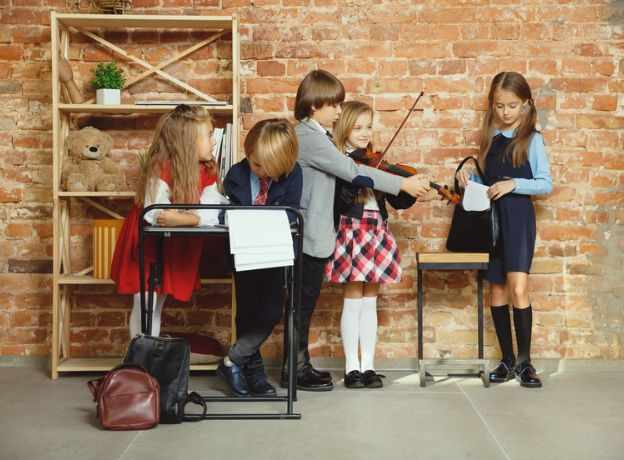Living in Manhattan comes with its perks — vibrant culture, world-class food, and endless entertainment. But if there’s one thing most New Yorkers agree on, it’s that time is tight. Between work, school, commuting, and social commitments, it’s easy to put personal goals like learning an instrument on the back burner. That’s why flexible scheduling for piano lessons in Manhattan has become such an important option for students of all ages.
Whether you’re a busy professional, a parent juggling after-school activities, or a college student with a rotating class schedule, flexibility in your piano lessons can make all the difference in staying consistent and motivated. In this blog, we’ll explore why scheduling flexibility matters and how it’s helping more people across Manhattan fit music into their lives.
Why Flexibility Is Key in Music Education
Traditional music lesson schedules often follow a fixed weekly appointment—same day, same time, every week. While this works for some, it can become a hurdle for those whose availability changes week to week. Life in Manhattan is fast-paced and often unpredictable. Meetings get moved, events pop up, and subway delays happen. The last thing you want is to miss a lesson you’re paying for or fall behind because your schedule doesn’t align.
This is where flexible scheduling for piano lessons in Manhattan shines. It allows students to book or reschedule sessions based on their real-time availability. Instead of stressing over time conflicts, students can focus on enjoying their lessons and progressing at their own pace.
How Flexible Scheduling Works
Many Manhattan-based piano teachers and music schools are now offering flexible plans to accommodate diverse schedules. Here’s how it typically works:
Online Booking: Students can log in to a portal or app and choose open time slots that fit their week.
Rescheduling Options: If something comes up, most flexible programs allow changes up to 24 hours in advance without penalty.
Mix of In-Person and Online Lessons: You might take a lesson in person one week and online the next, depending on your location and commitments.
Customized Lesson Plans: Flexibility isn’t just about timing; it’s also about tailoring lessons to meet the student's learning pace and goals.
This model gives students more control over their learning experience, which leads to better retention and long-term interest.
Who Benefits the Most?
Flexible scheduling for piano lessons in Manhattan isn't just a nice bonus—it can be a lifeline for certain groups of students:
Working Adults: Evening meetings and shifting work hours make it hard to commit to a set time each week. Flex scheduling offers the freedom to learn without adding more stress.
Parents & Kids: Children's schedules are often packed with school, sports, and extracurriculars. Flexible piano lessons make it easier to fit in music education without burning out.
College Students: With rotating class schedules, internships, and part-time jobs, flexibility allows students to keep learning without falling behind academically.
Performers & Artists: For those already working in creative fields, lesson times can be adjusted around rehearsals, gigs, and auditions.
In short, flexibility helps remove barriers so that more people can enjoy the benefits of piano instruction without sacrificing other priorities.
Benefits Beyond Just Convenience
When students feel in control of their time, they tend to stay more engaged and committed. Flexible scheduling leads to fewer missed lessons, more consistent practice, and ultimately, better progress. Here are a few additional perks:
Less Stress: No need to panic when plans change last minute.
Better Time Management: Students learn to organize their own schedules, a valuable life skill.
More Enjoyable Learning: With fewer logistical hassles, students are free to focus on the music.
Improved Teacher-Student Communication: Flexibility encourages better collaboration and understanding between student and instructor.
What to Look for in a Flexible Piano Program
Not all piano programs are created equal. When looking for flexible scheduling options in Manhattan, consider these features:
Transparent Policies: Make sure cancellation and rescheduling policies are clear and fair.
Multiple Communication Channels: Whether it’s email, text, or a dedicated app, it should be easy to contact your teacher.
Online & Offline Options: A hybrid model can offer the best of both worlds.
Experienced Instructors: A flexible schedule is great, but it should come with quality teaching too.
Ask potential teachers how they handle scheduling, and make sure the setup works for your unique needs.
Final Thoughts
Music shouldn’t feel like just another item on your to-do list. With flexible scheduling for piano lessons in Manhattan, learning piano can become a joyful, stress-free part of your life—no matter how full your calendar is. Whether you're just starting out or returning to the piano after years away, flexibility can help you stay consistent and inspired on your musical journey.






Write a comment ...